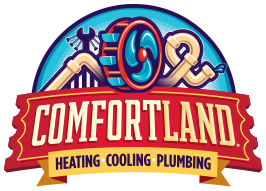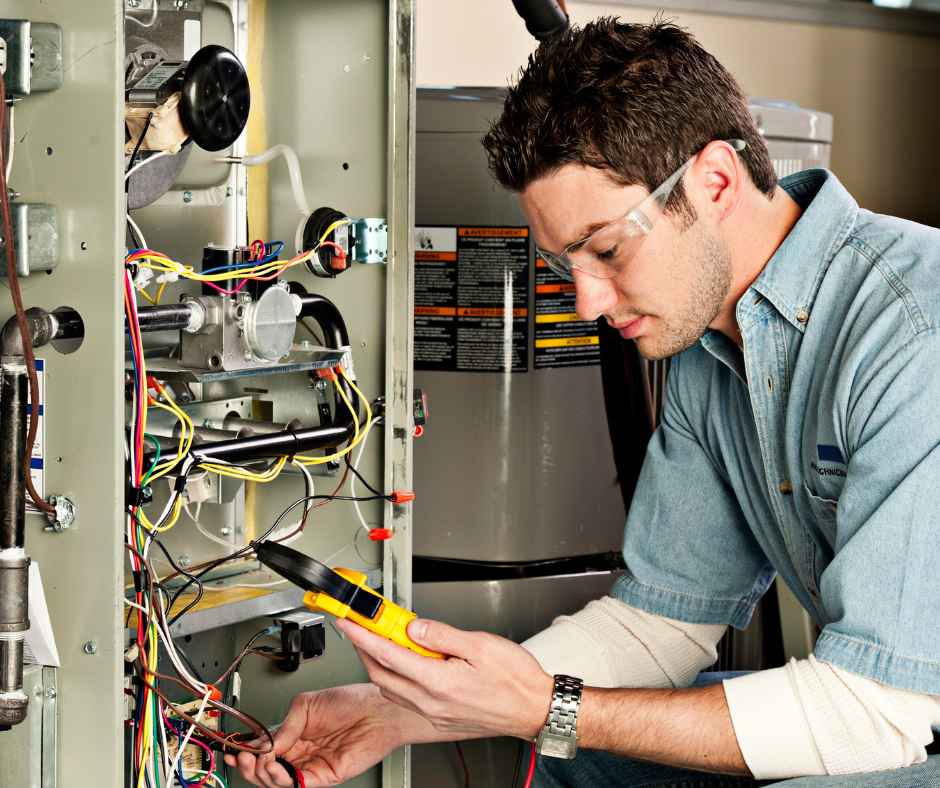
Few things are as frustrating as turning on your heater during a cold day only to feel cold air coming from your furnace. Whether you’re dealing with a furnace blowing cold air or a heater that just won’t warm your home, this issue can stem from several potential causes. In this blog, we’ll explore the most common reasons why your heater might be blowing cold air, how to troubleshoot these issues, and when it’s time to call for professional furnace repair.
Common Reasons Why Your Heater is Blowing Cold Air
If you’re asking, “Why is my heater blowing cold air?” you’re not alone. There are several reasons this might be happening, and some of them are easier to fix than others. Let’s dive into the most common culprits.
1. Thermostat Issues
The first thing you should check if cold air is coming from your furnace is the thermostat. Sometimes, a simple issue with the thermostat’s settings could be causing the problem. Here’s what to check:
- Thermostat Set to “On” Instead of “Auto”: If your thermostat is set to “On” instead of “Auto,” the blower will run continuously, even when the furnace isn’t heating the air. This can lead to the sensation of cold air blowing through the vents. Switch it to “Auto,” so the blower only runs when the furnace is actively heating.
- Incorrect Temperature Setting: Double-check that the temperature is set high enough for the furnace to kick on. If the thermostat is set too low, the system may not be prompted to generate heat.
2. Pilot Light or Ignition Issues
For gas furnaces, the pilot light or ignition system is responsible for lighting the burners that produce heat. If the pilot light is out, or there’s an issue with the electronic ignition, your furnace won’t be able to generate heat, resulting in cold air blowing through your vents.
- Pilot Light Out: In older furnaces with a standing pilot light, a draft or a dirty flame sensor could cause the pilot light to go out. Relighting the pilot may solve the problem, but if it keeps going out, you’ll need to consult a furnace repair technician.
- Ignition Problems: Modern furnaces use electronic ignition systems that can fail due to electrical issues. If your furnace’s ignitor is faulty, it may need to be replaced.
3. Dirty Air Filters
A dirty air filter can restrict airflow through your system, causing the furnace to overheat and shut down as a safety precaution. When this happens, the system will blow cold air as a result. Regular furnace maintenance, including changing your furnace filter, helps prevent this issue.
Check your air filter every month, and if it looks clogged with dust and debris, replace it immediately. Keeping your filter clean can help avoid a variety of furnace problems, including poor airflow and inefficient heating.
4. Problems with the Gas Supply
If your gas furnace is blowing cold air, there might be an issue with the gas supply. This can happen for several reasons, including:
- Gas Valve Closed: If the gas valve supplying fuel to your furnace is accidentally turned off, the system won’t be able to heat the air.
- Gas Leak or Supply Issues: A more serious problem could be a gas leak or an issue with the supply of gas to your home. In this case, contact a professional immediately to ensure your safety.
If you suspect a gas leak, it’s crucial to evacuate your home and contact your gas company right away.
5. Ductwork Leaks
Sometimes, cold air blowing from your vents isn’t due to the furnace at all but rather a problem with the ductwork. Leaky ducts can allow cold air from unconditioned spaces (like attics or basements) to mix with the warm air from your furnace, making it feel like your heater is blowing cold air. Sealing these leaks can help maintain a consistent temperature throughout your home.
Inspect your ductwork for any visible gaps, holes, or disconnected sections. If you find any, duct sealing tape can be a temporary fix, but for more extensive repairs, you’ll need to call in a professional.
6. Overheating Furnace
When a furnace overheats, it triggers a safety mechanism that shuts down the burners to prevent damage. This can result in your blower running without heat, causing cold air to come through the vents. Overheating is often caused by restricted airflow due to dirty filters, blocked vents, or issues with the blower motor.
Scheduling regular furnace maintenance can help prevent overheating by ensuring that your system is clean, well-lubricated, and functioning efficiently.
7. Heat Exchanger Issues
A damaged or cracked heat exchanger is a more serious issue that can cause your furnace to blow cold air. The heat exchanger is responsible for transferring heat from the combustion process into the air that’s circulated through your home. If it’s damaged, your furnace won’t be able to heat the air effectively.
A damaged heat exchanger is not only a heating issue but also a potential safety hazard, as it can lead to carbon monoxide leaks. If you suspect a problem with your heat exchanger, contact a furnace repair technician immediately.
When to Call for Professional Furnace Repair
While some causes of cold air coming from your furnace are simple fixes, others may require professional furnace repair. If you’ve tried troubleshooting and the problem persists, it’s best to call in an expert. Comfort Land’s team of furnace repair professionals can diagnose the issue, provide a solution, and ensure your home stays warm and comfortable all season long.
Regular furnace maintenance is key to preventing many of the issues discussed above. Scheduling annual inspections with a qualified technician can help you catch small problems before they become major repairs and keep your system running efficiently, enhancing its lifespan.
Keep Your Home Warm with Comfort Land
If your heater is blowing cold air, don’t wait until the problem gets worse. From thermostat issues to major component failures, there are several potential causes for cold air coming from your furnace. When in doubt, it’s always best to consult with a professional to avoid further damage.
For reliable furnace repair and maintenance, contact Comfort Land today. Our skilled technicians are ready to get your heating system back on track and keep your home warm all winter long.
Recent News
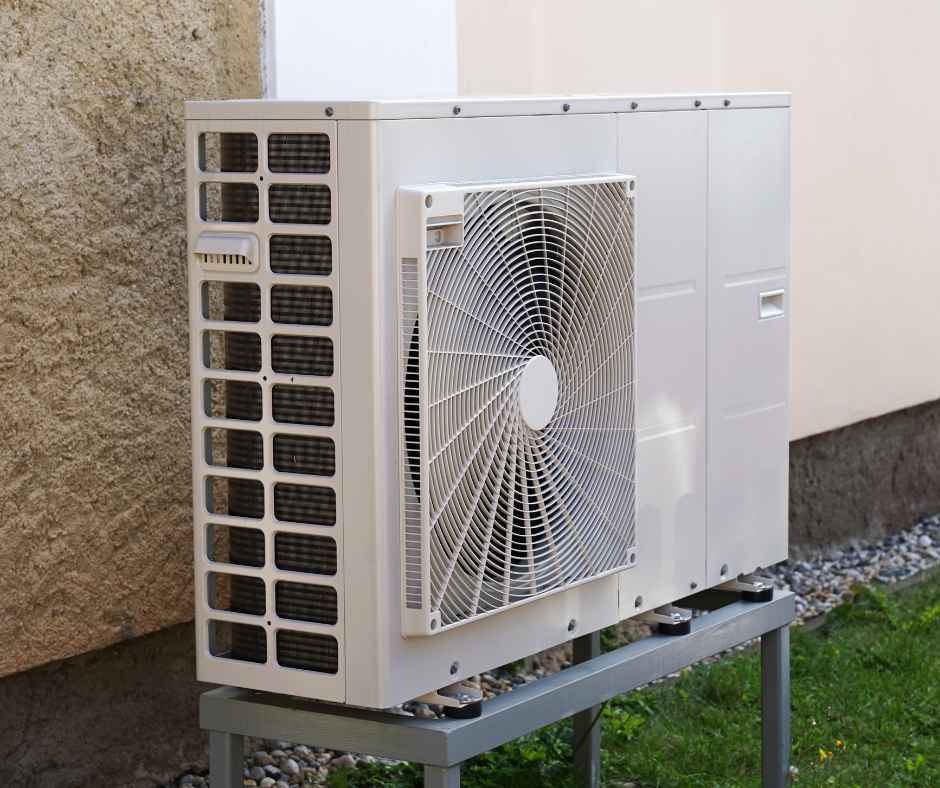
Do You Need Emergency Heat in Dallas?
Read More
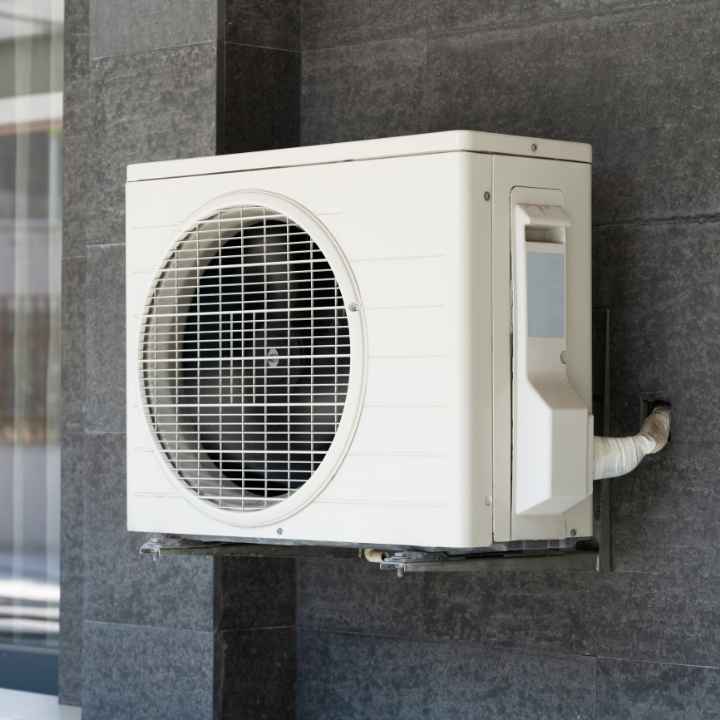
Why Is My Heat Pump Freezing Up?
Read More
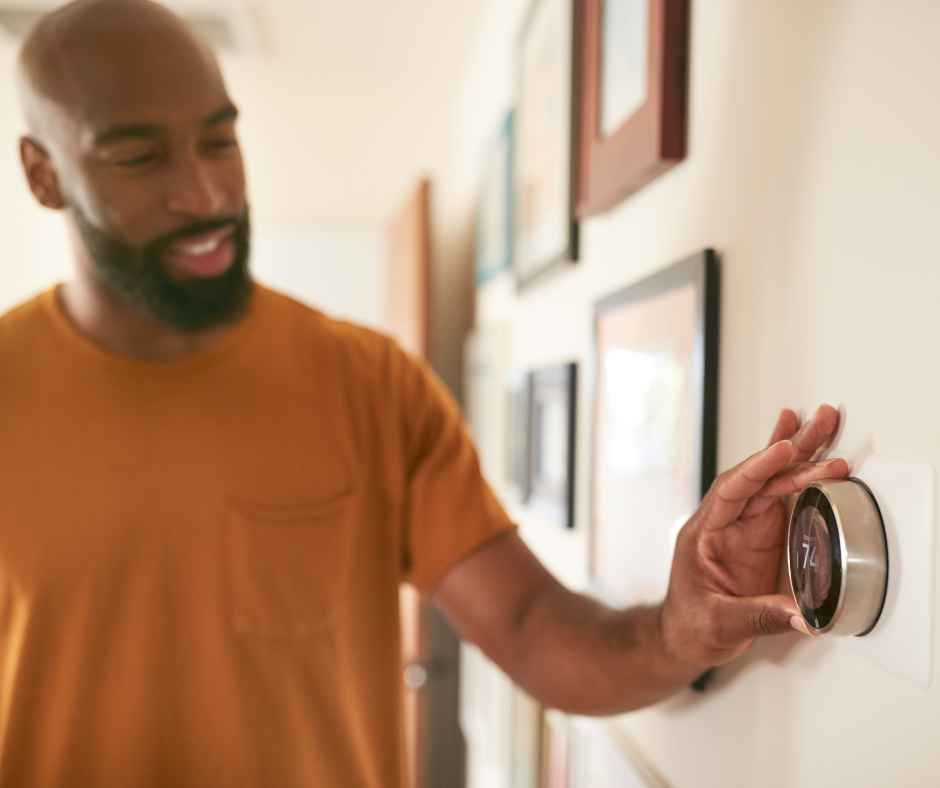
How to Improve Heating Efficiency in Dallas
Read More
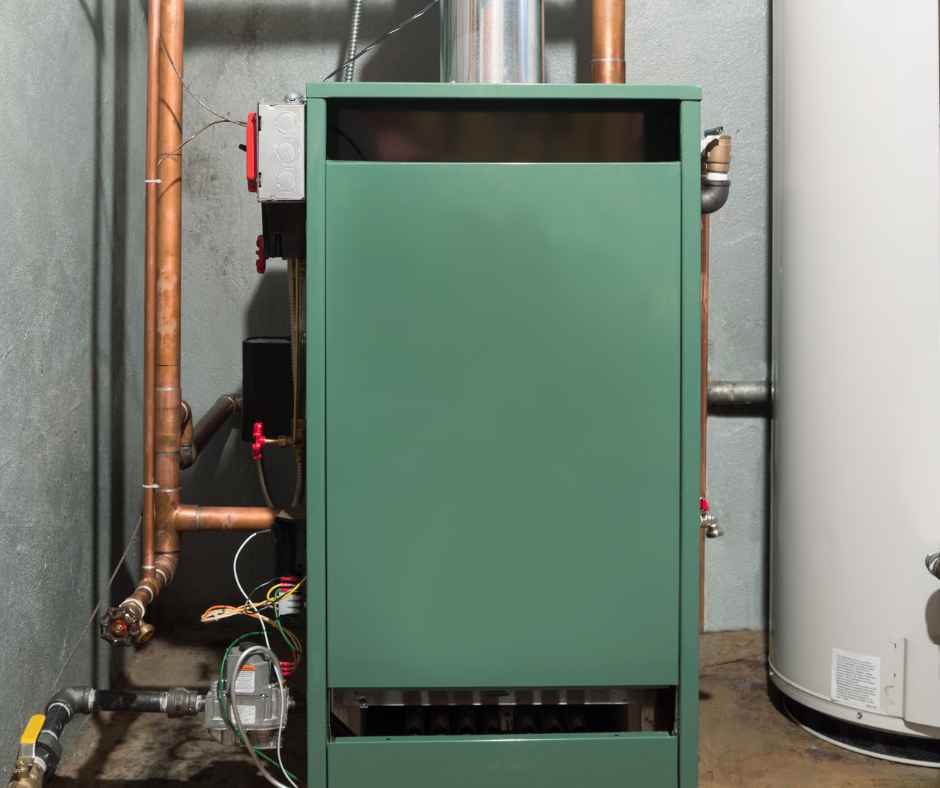
Is a Heat Pump or Furnace Better for Dallas? A Homeowner’s Guide
Read More
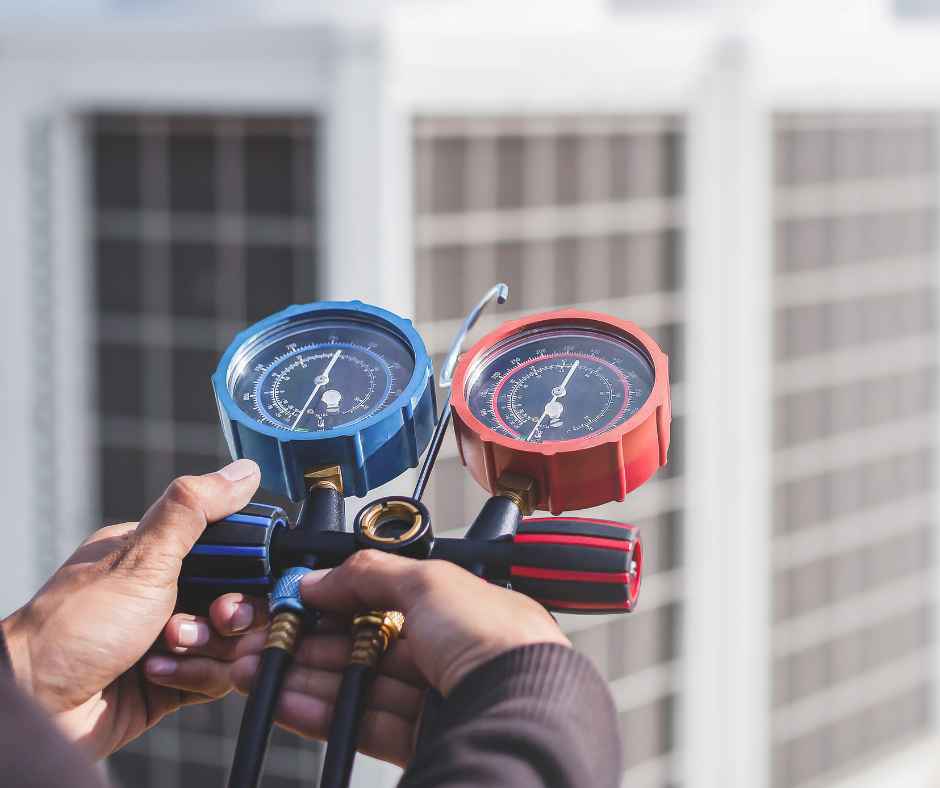
How Many BTU Do I Need?
Read More
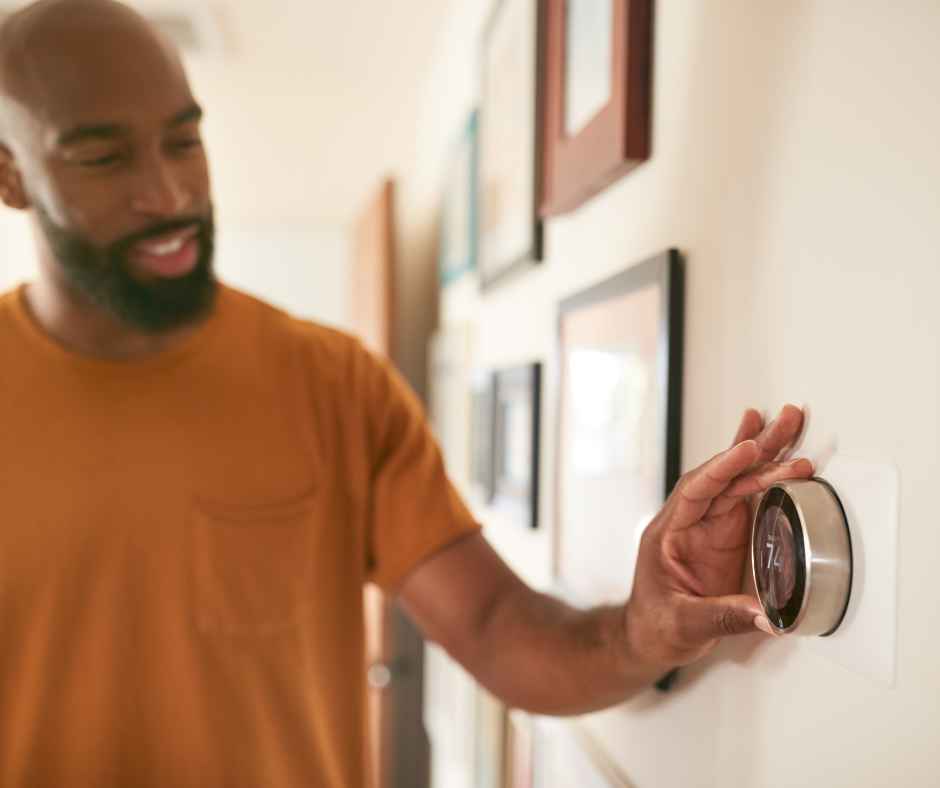
Preparing Your Dallas Home for Winter: Essential HVAC Maintenance Tips
Read More
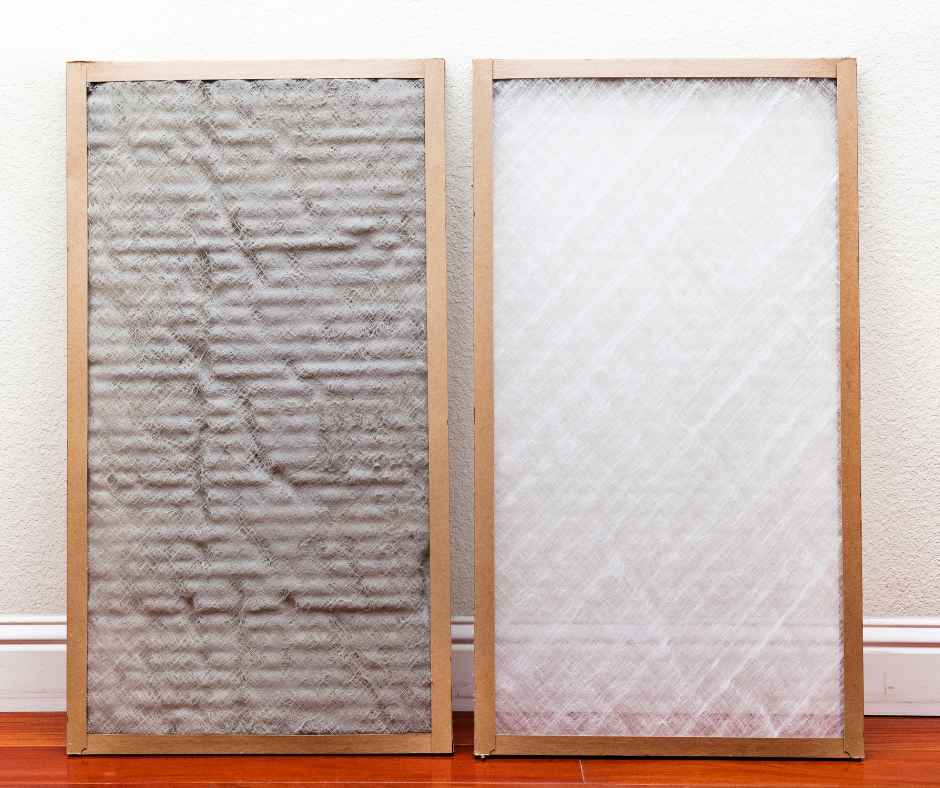
What MERV Rating Should I Use?
Read More
